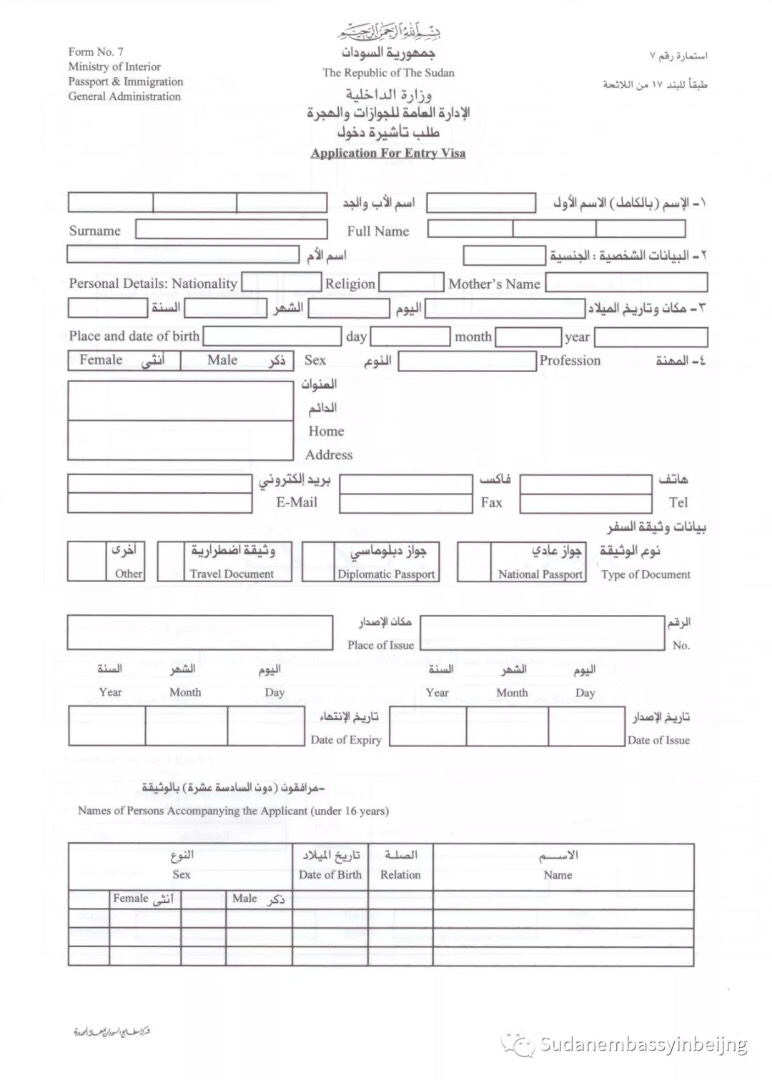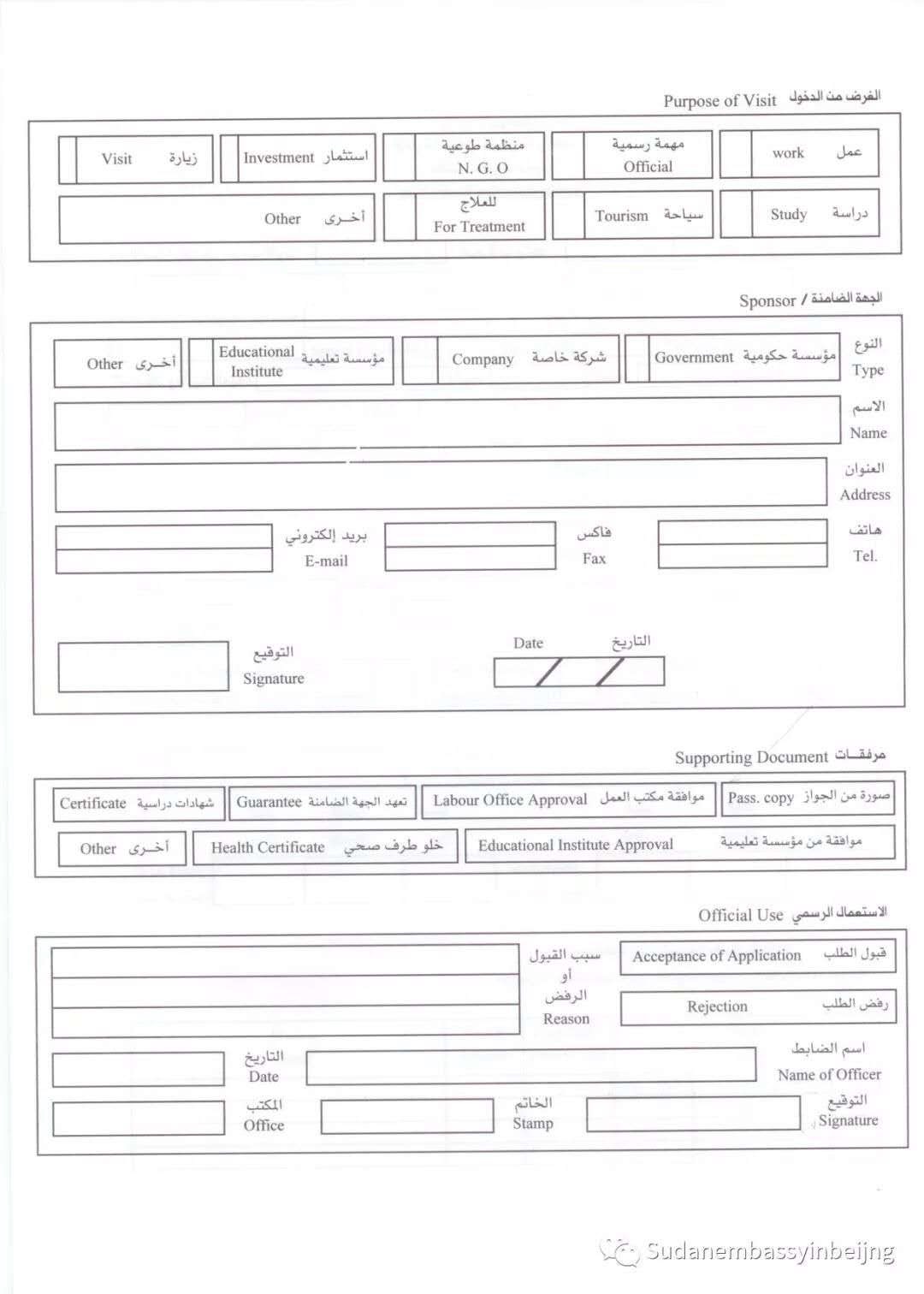
Executive Summary
BACKGROUND
1..The Commission’s mandate was to find facts and collect information on alleged violations of human rights by armed groups in Darfur states,determine causes of violations when established and possible resulting damage to lives and property.The Commission followed the procedures stipulated in Article 9 of the Act on Commissions of Inquiry of 1954. Final report of the Commission was submitted to H.E.The President of the Republic with the following findings and recommendations.
2.The Commission held 65 meetings,heard 288 testimonies and visited all Darfur states several times where it inspected 30 areas believed to have been crime scenes.It met inter alia,with local authorities and officials of different relief organizations and NGOs
3.The Commission requested and received all documents concerning its mandate and got acquainted with all relevant reports made by missions that visited Sudan from the UN, the African Union,the Organization of Islamic Conference, the Arab League and other organizations.It carefully considered all reports issued by International Human Rights Organizations,including reports made by the Geneva based Commission on Human Rights
4.Furthermore,the Commission reviewed the decisions made by U.S. Congress,the European Community and the UN Security Council,in addition to the minutes of talks between the government and armed opposition groups
5.The Commission contacted armed groups to arrange a joint meeting whenever and wherever they decide,in order to listen to their viewpoints,but they gave no favourable response.
6.Whenever means were available,the Commission made written, audio, video and photographic documentation of its activities
7.To fulfill its mandate,the Commission had to consider the geographical and historical background of Darfur. This region which has common borders with three neighboring states and more than 80 tribes witnessed considerable demographic and environmental changes due to disastrous waves of drought and desertification.Current events in Darfur essentially reflect these factors,in addition to the irrational politicization of the problem which gave it such and international dimension.
8.Darfur region which represents one fifth of the total area of Sudan has a population of nearly 6 million people. It is the homeland of many tribes of Arab and African origins which intermarried and intermingled,culturally and ethnically, for centuries and formed today’s unique society in Darfur
9.Natural diversity in the region resulted in diverse economic activities and means of living,yet farming and cattle raising are the main activities beside cross-border trade
10.Land tenure in Darfur is governed by well established customs and traditions,where tribes live in specific tribal lands.Land tenure is closely related to the concept and exercise of authority under various designations.It is also dependant on the nature of economic activities and pastoral tribes’ quest for pasture and water
11.Tribes in Darfur co-existed in relative peace for centuries with sporadic conflicts over natural resources between nomad and sedentary tribes. These conflicts never degenerated in the past and had always been settled through tribal reconciliation conferences organized by the Civil Administration under the auspices of the state. Hence,a set of customs and traditions were established to orchestrate tribal relations and activities.This constituted a unique cultural feature of Darfur and tribes, who,regardless of their background,have realized the need to co-exist as no ethnic group can root out the other. The Commission noted that such conflict occurred even between tribes of common origins
12.It is noteworthy that the Local Administration was an essential stabilization factor in the region,considering the key role it played in the settlement of conflicts and its collaboration in this respect with the concerned authorities.Unfortunately,the dissolution of this Administration in 1970 created an administrative and security vacuum that aggravated these conflicts and led to acute tribalism.As a result of the consequent political polarization,such conflicts gained national dimensions related to issues of marginalization and sharing of power and wealth
13.The deterioration of economic development and services in Darfur due to factors mentioned in the Commission’s report,the administrative instability,the suspension of major development projects,unemployment and the widespread of weapons and ease to obtain them,in addition to political instability in neighboring Chad,have nourished the ‘’culture of violence’’ in Darfur.This tendency led to outlaws from different tribal backgrounds to form semi-organized armed groups,locally referred to as Jangaweed, and other similar groups.They were responsible for the widespread of looting and smuggling in the 80s.This climate of insecurity forced many tribes to organize armed groups and form defensive coalitions.The President of the Republic interfered on several occasions to create mechanisms that are capable of re-establishing law and order and State authority
14.This fluid situation,the revolt against State’s authority,conflicting administrative measures taken to deal with the problem without giving due consideration to immediate and future implications,particularly with respect to land tenure, in addition to the impact of civil war in the South and SPLA’s attempts to bring the populations of remote states under the banner of the ‘’New Sudan’’,have transformed these local conflicts into issues of national dimension. The conflict between rival groups and the State started on an intellectual basis and ended up in armed confrontations which claimed the lives of nearly 500 policemen. The resulting security vacuum and other factors, including the ambitions of some groups to establish a predominant entity,gave this issue an unprecedented political and international aspect
15.The offensive launched by armed opposition against major towns in the region,their assaults against Armed Forces which caused considerable loss of lives and property,the destruction of public facilities and aggression against the symbols of public authority such as judges and prosecutors, in addition the killing of civilians and relief workers, necessitated the intervention of Armed Forces to re-establish law and order.These actions,which triggered the current ordeal,made some of the tribes fearful of potential aggressions and resulted in serious violations of human rights.
16.Wide media coverage of these incidents drew the attention of international human rights organizations, but some of these relied on politically motivated information provided by inaccurate and contradictory sources.Thus,some individual states within the UN took advantage of allegations to accuse Sudan of committing ethnic cleansing, genocide and organized acts of rape
17.Accordingly,the Commission initiated its facts finding efforts and listed alleged violations of human rights and crimes against humanity.Investigation procedures involved extensive hearings,visits to alleged crime scenes, review of relevant documents and testimonies under oath.
18.Upon careful evaluation of the aforementioned elements and discussions in the light of International Human Rights Law,provisions of the International Humanitarian Law,the Statute of the International Criminal Court and relevant historical case laws,the Commission reached the following conclusions
(a)There were indeed serious violations of human rights which involved all belligerent parties
(b)Compared with the documented crimes of genocide elsewhere in the world,what happened in Darfur,in spite of its gravity,does not constitute such a crime.It has not been established that any specific group had sustained physical or mental damage or been purposely subjected to living conditions leading to its total or partial annihilation
(c)The Commission has established that the description of events in Darfur as genocide was merely due to the overestimation of the death toll
(d)Furthermore,the Commission has established that some civilians lost their lives in air bombardments when Armed Forces were forced to attack civilian targets used as safe havens by rebel groups and victims received due compensation
(e)The Commission realized that armed opposition groups were responsible for similar acts by killing unarmed civilians and wounded soldiers
(f)In this prevailing climate of hostility,the Commission found that various tribes committed acts of killing
(g)Killing of civilians in all the above mentioned cases violated common Article 3 of the 1949 Geneva Convention.
(h)Acts of killing and their accompanying circumstances which amounted to violation of the said Article, are not viewed by the Commission as a crime of genocide
(i)There were reports of arbitrary executions and the Commission recommended further investigations into allegations not substantiated beyond doubt (para 16 of the report)
(j)The Commission conducted investigations on crimes of rape and sexual abuse and heard many testimonies,including from alleged victims
(k)The Commission found that crimes of rape and sexual abuse had been committed, but they were not systematic or widespread to be viewed as a crime against humanity Relevant investigations have led to the accusation of few persons,including 10 of the Regular Forces.Most of these crimes were individually motivated in this climate of lawlessness.The Commission noted that most women in Darfur were unaware of the legal and linguistic significance of the word ‘’rape’’,as they believed it merely meant the use of violence
(l)Forced displacement as a component of ethnic cleansing is the removal of an ethnic or linguistic group with a predominant culture from legally owned land.Throughout history,ethnic cleansing was related to the concept of the ‘’Nation State’’ and constituted a crime against humanity
(m)Accordingly,the Commission visited several areas where forced displacement was alleged to have occurred. Investigations have shown that a group of non-Arab tribes was forced to leave two predominantly Arab villages. The Commission recommended further investigation as this incident,if true,constitutes a serious unprecedented act
(n)The Commission visited many villages that were burnt down.Statements by local officials and evidences showed that all belligerent parties are to blame for the burning of villages.The villages were deserted as people fled to seek refuge in camps close to areas with different services.The Commission found that allegations of ethnic cleansing were not substantiated
(o)Incidents in Darfur caused widespread panic, horror and massive movement of people to refugee camps
(p)The current situation in Darfur,with all its implications in terms of human suffering and international repercussions,was the result of viewing the problem in a wider context that omits its local aspects and origins. Misconceptions adopted by some states to exercise pressure on Sudan are being reviewed as the international community realized the need to tackle the roots of the conflict rather than its aftermath
(q)Based on meticulous investigations the Commission found that death toll from all sides,including the Armed Forces, amounted to few thousands,contrary to exaggerated figures circulated by international media and organizations.
(r)In its efforts to evaluate the deplorable loss of lives and property,the Commission received relevant reports from national and local authorities.It recommended the establishment of a special judicial committee to further investigate civilian property losses
(s)The Commission’s recommendations met international support and recognition,including through statements made by The President of the African Union and western media Recommendations were also supported by clear evidence that a considerable number of the National Armed Forces personnel are from the very same tribes alleged to have been victims of genocide in Darfur.
(t)It is worth mentioning that the government had exerted strenuous efforts to contain the situation prior to the escalation of events.It organized several tribal conferences and sent high level delegations composed of Fur and Zagawa tribal leaders,in order to negotiate a peaceful settlement with armed groups.Other senior government officials were also negotiating with armed opposition groups just few days before rebels’ attack against the town of Al Fasher in April 2003.
(u)The Commission has established the involvement of some members of Chadian Army in the conflict
(v)The causes of this conflict,as determined by the Commission,require effective administrative and judicial arrangements. The Commission recommended the establishment of judicial investigation Commissions to consider the following
Allegations of extra judicial executions.
Expropriation of two Fur tribe villages by Arab groups, although a relevant administrative investigation Commission was set up by South state governor.
Investigation into incidents of killing and burning of the wounded in hospitals.
The first Vice President of the Republic H.E. Ali Osman Mohammed Taha was mandated to follow up the execution of these recommendations.
The Presidency of the Republic,in consultation with the Chief Justice,has formed the following three committees:
(a)Judicial investigation committee headed by member of the high court Hon. Mohammed Abd Al.Raheem
(b)Damage assessment committee headed by judge of the High Court Hon.Hussein Abulgasim
(c)Administrative committee headed by Police Force Gen. Eltayeb Abd Al.Raheem.
(d)Other measures



